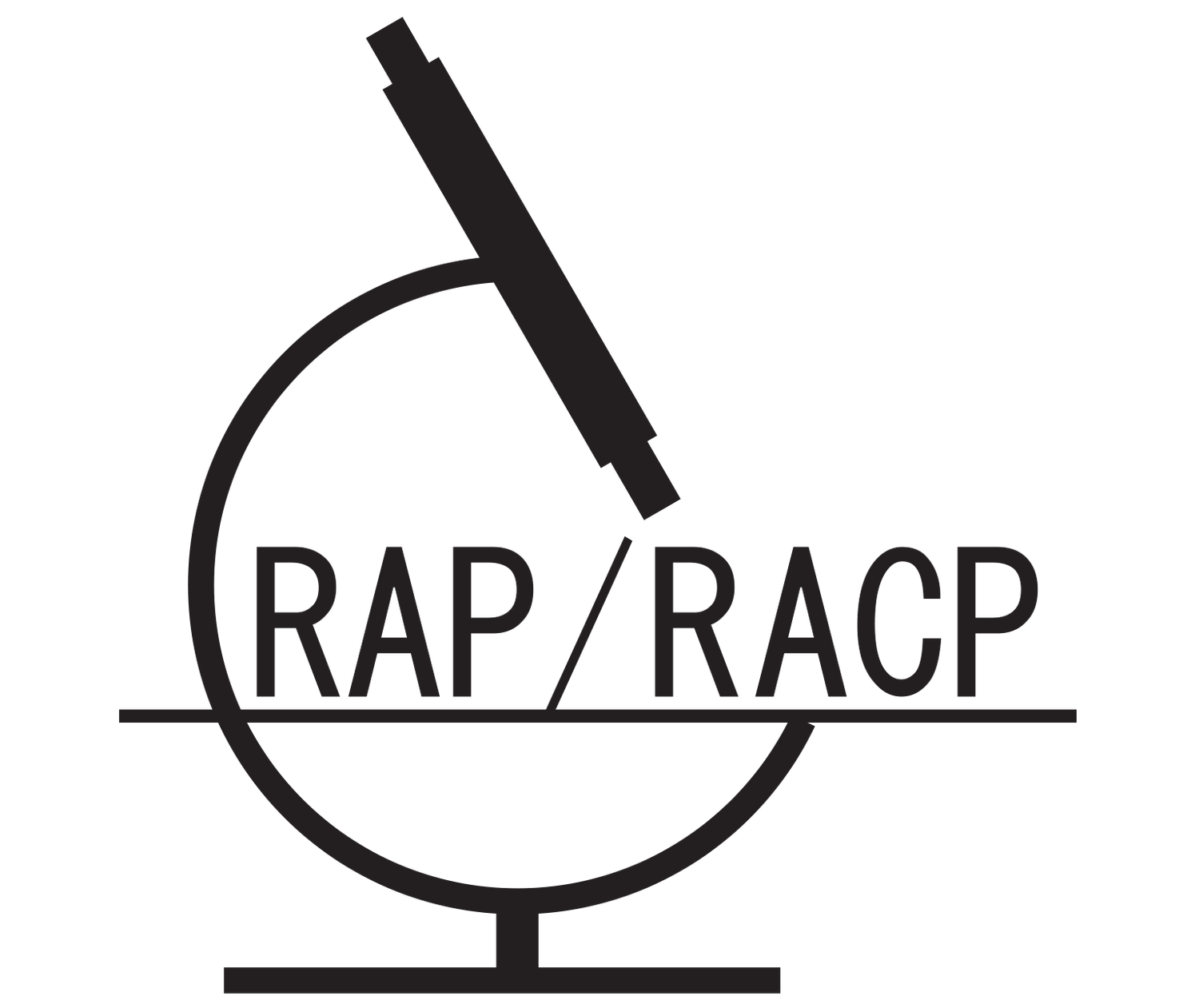ROCKFORD ASSOCIATED PATHOLOGISTS & Rockford associated Clinical pathologists
Established in the 1960’s, Rockford Associated Pathologists and Rockford Associated Clinical Pathologists constitute a group of highly trained, board certified Anatomic and Clinical Pathologists. Our pathologists are located at UW Health Northern Illinois-Swedish American Hospital and provide high-quality pathology services to Rockford and the surrounding communities. All of our pathologists are also faculty at the University of Illinois College of Medicine at Rockford and are dedicated to educating the next generation of physicians.
For billing inquiries, see our billing page: Billing
For other inquiries, contact us here: Contact us
Our Physicians
-

Sara Fleming, MD
-

Korrin Meier, MD
-

Matthew Twohig, MD
-

Tarek Jazaerly, MD
-

Eva Drinka, MD
What is a Pathologist?
Even though your pathologist is involved in caring for you, you will probably never see him or her. Pathologists work behind the scenes providing diagnostic information to your doctor critical to the diagnosis, treatment and prevention of disease. A pathologist is a consulting physician (either M.D. or D.O.) who graduated from medical school and completed a pathology residency. Most pathologists have spent five to six years in training with four years of residency followed by an additional one or two years of fellowship training within one or more subspecialties. They specialize in the study of disease including both tissue and cells (Anatomic Pathology) and blood or other body fluids (Clinical Pathology). Pathologists use their eyes to grossly and microscopically examine tissues (including skin and solid organ biopsies and surgical resections, peripheral blood, urine, cerebrospinal fluid, and fluid from the thorax, abdomen, or joint spaces).
Another essential role of the pathologist is that of the medical director. In order to maintain accreditation with regulatory agencies in the United States, all medical laboratories must have a qualified medical director. The medical director is someone who is responsible for the lab standards and quality of service. They are directly responsible for the oversight and interpretation of all laboratory testing and serve as an integral part of the healthcare team. Pathologists receive extensive training in laboratory medicine and fulfill this required role for most medical laboratories in the United States. As such, pathologists are truly involved in all levels of laboratory testing; from ensuring the accuracy of a blood test to the examination of a breast lumpectomy specimen removed by a surgeon.
What are the duties of an Anatomic Pathologist?
Examines tissue obtained by a biopsy or other surgical procedure both macroscopically and microscopically.
Evaluates the tissue for indications of disease.
Uses immunohistochemical stains, molecular studies, and other ancillary tests for the diagnosis and prognostication of disease to help guide decision-making and treatment.
Communicates and consults with your doctor regarding the nature and prognosis of specific diseases.
Develops new and enhanced laboratory procedures to ensure more accurate and timely diagnosis.
Monitors the quality of test results generated by other members of the laboratory team (e.g. cytotechnologists-Pap smears).
Performs autopsies.
What are the duties of a Clinical Pathologist?
Selection, evaluation, and implementation of testing methodology including implementing more cost-effective procedures and tests.
Designing protocols and establishing parameters for testing.
Oversight of all laboratory testing to ensure your test results are accurate and timely, and performing quality assurance of results along with implementation of improvement measures.
Microscopic examination of specific blood and other body fluids as necessary
Communicates with your doctor regarding unexpected or abnormal laboratory results.
Interact with medical staff regarding laboratory operational issues, quality and test availability.
Assure the laboratory complies with all state, federal, Medicare, Joint Commission, and College of American Pathologist standards.



